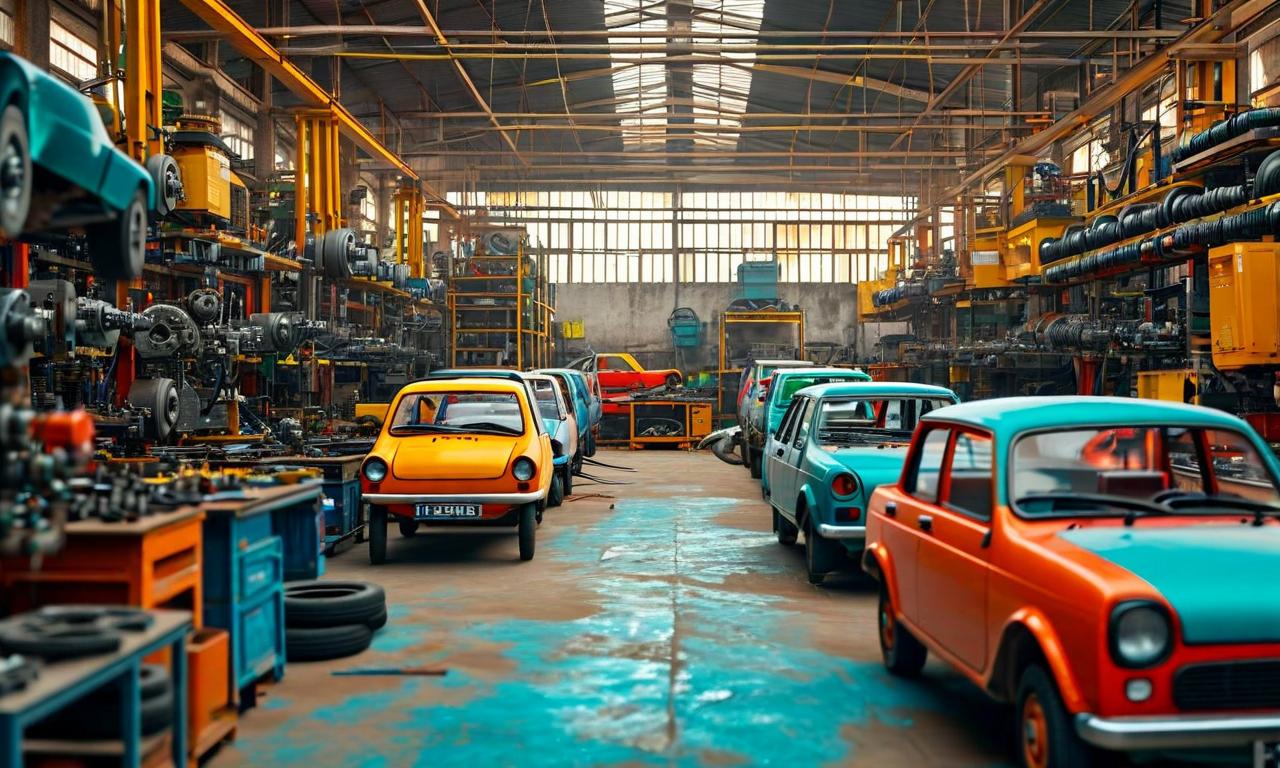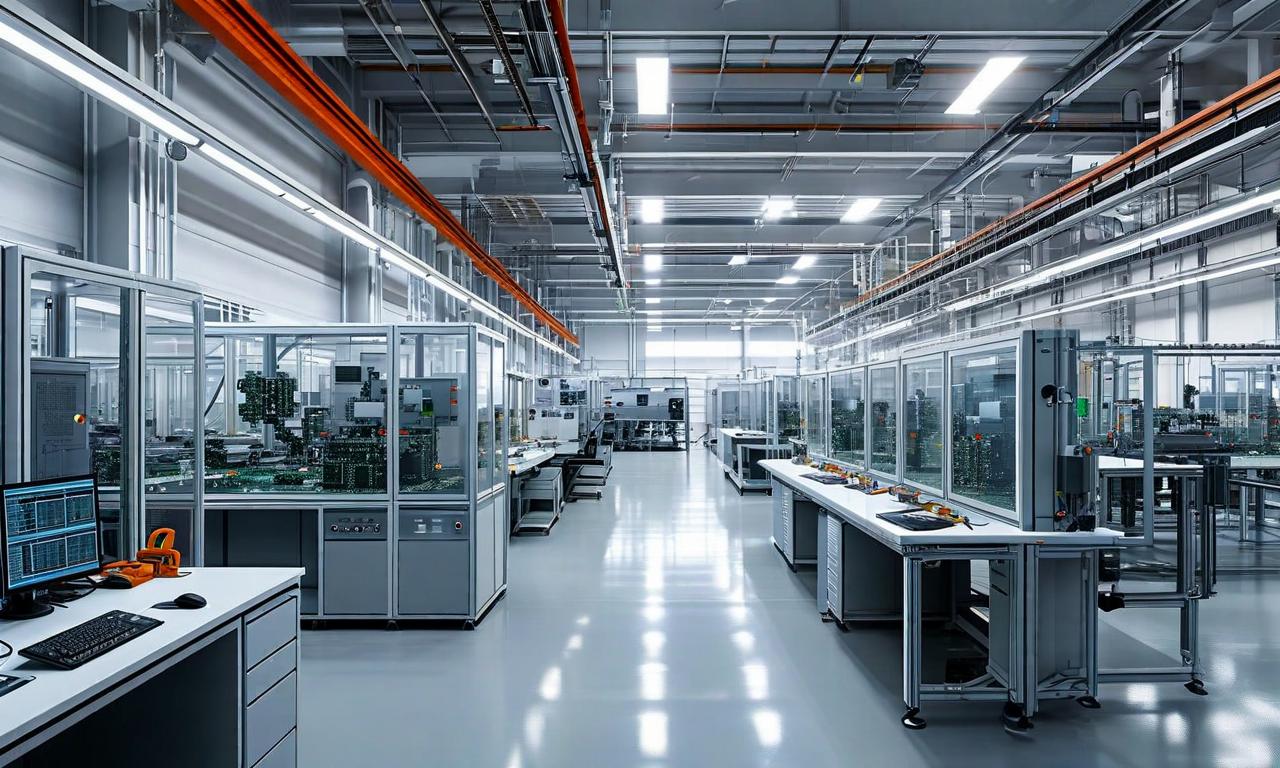China Eases Rare Earth Export Curbs, Boosting Indian Auto Sector
Chinese Foreign Minister Wang Yi's visit to India has led to assurances of easing restrictions on crucial materials exports, including rare-earth minerals. This development is expected to significantly impact Indian automakers, especially those in electric vehicle production. China, which supplies 60% of global rare earth minerals, had imposed export curbs in April. Bajaj Auto reported that supply issues would decrease its scooter production by 50% and three-wheeler production by 30% in the upcoming quarter. The Indian government has proposed a Rs 1,345-crore scheme to boost domestic rare earth magnet production and passed the Mines and Minerals Amendment Bill to reduce import dependence. Despite improved relations, Indian automakers are likely to continue diversifying their supply sources for long-term stability.

*this image is generated using AI for illustrative purposes only.
In a significant development for India's automotive industry, Chinese Foreign Minister Wang Yi's recent visit to India has resulted in assurances to ease restrictions on exports of crucial materials, including rare-earth minerals. This move is expected to have a substantial impact on Indian automakers, particularly those involved in electric vehicle production.
Rare Earth Supply Chain Implications
China, which accounts for 60% of the global rare earth mineral supply, had imposed export curbs in April amid trade tensions with the United States. The lifting of these restrictions is particularly crucial for Indian automakers, as rare earth magnets are essential components in electric vehicles, wind turbines, and electronics.
Impact on Bajaj Auto
The supply chain disruptions have already affected major players in the Indian auto sector. Bajaj Auto, a leading manufacturer, reported that supply issues would significantly impact its production in the upcoming quarter:
| Production Type | Expected Decrease |
|---|---|
| Scooter production | 50% |
| Three-wheeler | 30% |
Analysts project that it may take three to four weeks for supplies to resume smoothly, indicating a short-term challenge for the company and potentially the broader auto industry.
Government Initiatives
In response to the supply chain vulnerabilities exposed by this situation, the Indian government has taken proactive steps:
- The Ministry of Heavy Industries has proposed a Rs 1,345-crore scheme to boost domestic rare earth magnet production.
- Parliament passed the Mines and Minerals Amendment Bill, aimed at developing the mineral market and reducing dependence on imports.
These initiatives underscore India's commitment to strengthening its domestic rare earth production capabilities and reducing reliance on foreign supplies.
Long-term Strategy
Despite the improved relations with China and the easing of export restrictions, Indian automakers are expected to continue diversifying their supply sources. This strategic approach aims to mitigate future risks associated with over-dependence on a single supplier.
Broader Implications
The easing of restrictions extends beyond rare earth minerals. China has also assured India of lifting export curbs on fertilizers and tunnel boring machines, indicating a broader improvement in trade relations between the two countries.
As the situation evolves, the Indian auto sector, particularly the electric vehicle segment, is likely to benefit from the improved access to critical raw materials. However, the industry's move towards supply chain diversification suggests a cautious approach to ensure long-term stability and growth.





























